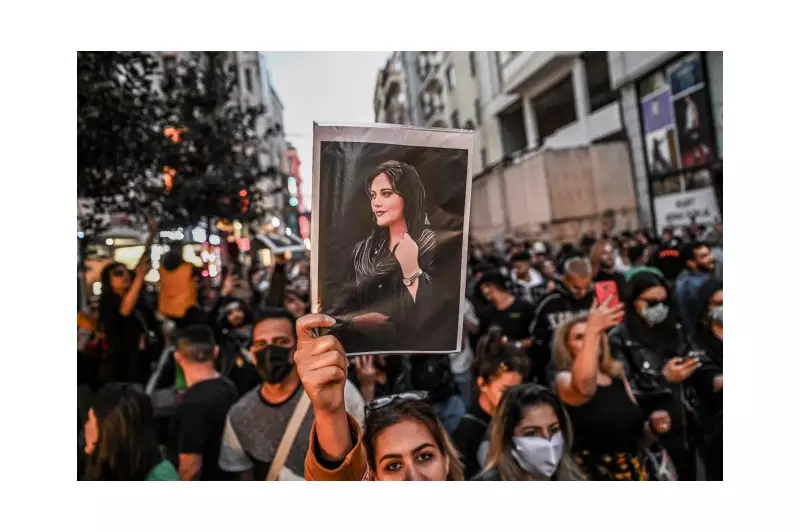
A Nigerian woman who was forced into marriage as a child now faces execution for her husband's murder unless she can raise ₦800,000 for a critical legal appeal. Her heartbreaking story reveals the devastating cycle of oppression that began when she was just a child bride.
From Child Bride to Death Row
The woman, whose identity remains protected, was compelled into marriage during her childhood years, stripping her of education and normal development. This forced union set the stage for a life of struggle that has now culminated in a death sentence.
The Tragic Turn of Events
According to court documents, the woman was convicted for the murder of her husband, though details surrounding the circumstances suggest a complex situation potentially involving self-defense or years of accumulated trauma from the forced marriage.
Race Against Time for Freedom
With an execution date looming, the woman's only hope lies in filing an appeal that requires ₦800,000 in legal fees—an amount that might as well be millions for someone in her position. Supporters and human rights activists are scrambling to raise the funds before it's too late.
Broader Implications for Nigerian Women
This case highlights multiple systemic issues in Nigeria:
- The persistent practice of forced child marriages despite legal protections
- Vulnerability of women in the justice system
- The financial barriers to accessing proper legal representation
- Need for judicial reforms considering circumstances of abuse victims
Human rights organizations have expressed grave concern over the case, emphasizing that executing a woman who was herself a victim of child marriage represents a profound failure of the justice system.
The clock is ticking as concerned citizens and advocacy groups work desperately to prevent what many are calling a double tragedy—first as a victim of child marriage, now as a potential victim of the state's ultimate punishment.





